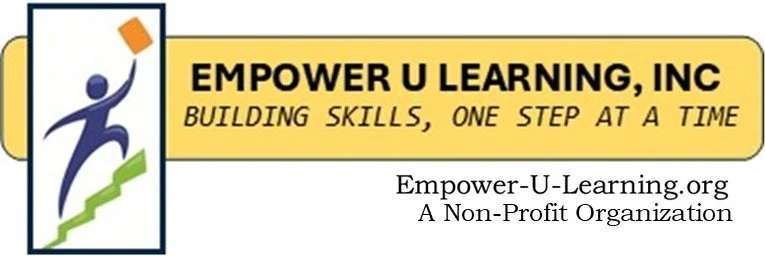Trade Schools
Trade Schools: Hands-On Pathways to Career Success
Not every career requires a four-year degree. Trade schools (also called vocational or technical schools) provide specialized training that prepares students for specific careers in fields such as healthcare, technology, automotive repair, culinary arts, and skilled trades. These programs often take less time and cost less than traditional college, while leading to in-demand, well-paying careers.
Participants will learn how to:
Understand what trade schools offer – Focused training programs designed to build practical, job-ready skills.
Explore career options – Trades such as welding, plumbing, electrical work, IT, medical assisting, dental hygiene, culinary arts, and more.
Compare costs and timelines – How trade school programs are often shorter (months to 2 years) and more affordable than four-year universities.
Recognize credentials earned – Certificates, diplomas, or associate degrees that qualify graduates for specific roles.
Evaluate job demand – Why many skilled trades face shortages and offer strong job security.
Balance pros and cons – Considering hands-on training, smaller class sizes, and focused programs versus fewer “general education” courses.
Transition into the workforce – How many trade schools connect students with internships, apprenticeships, or direct job placement opportunities.
Plan for continuing education – Opportunities to build on trade school training with additional certifications or advanced programs later in a career.
Compare trade schools and community colleges – Understanding similarities (both offer affordable, career-focused education) and key differences:
Trade Schools: Faster, specialized training for specific careers, often with direct job placement.
Community Colleges: Broader education with general courses alongside career programs, often transferable to four-year universities.
By the end of this course, participants will understand that trade schools are not a “lesser” option but a powerful, practical pathway to meaningful careers. They’ll leave with tools to evaluate programs, weigh trade school vs. community college, and confidently pursue training that leads directly to employment.
